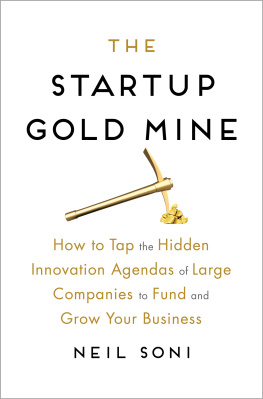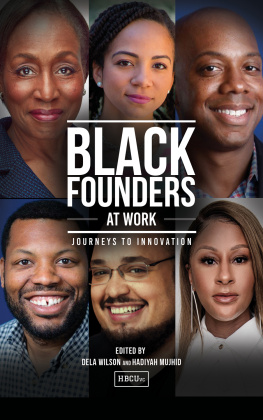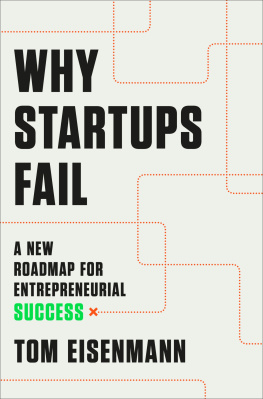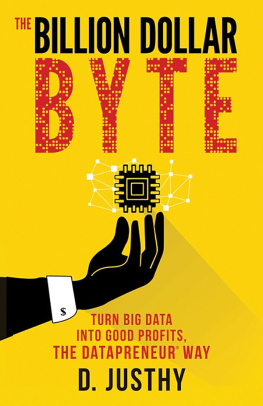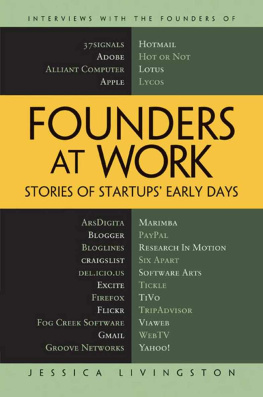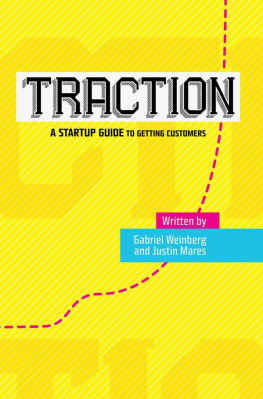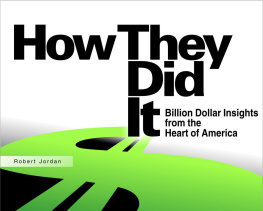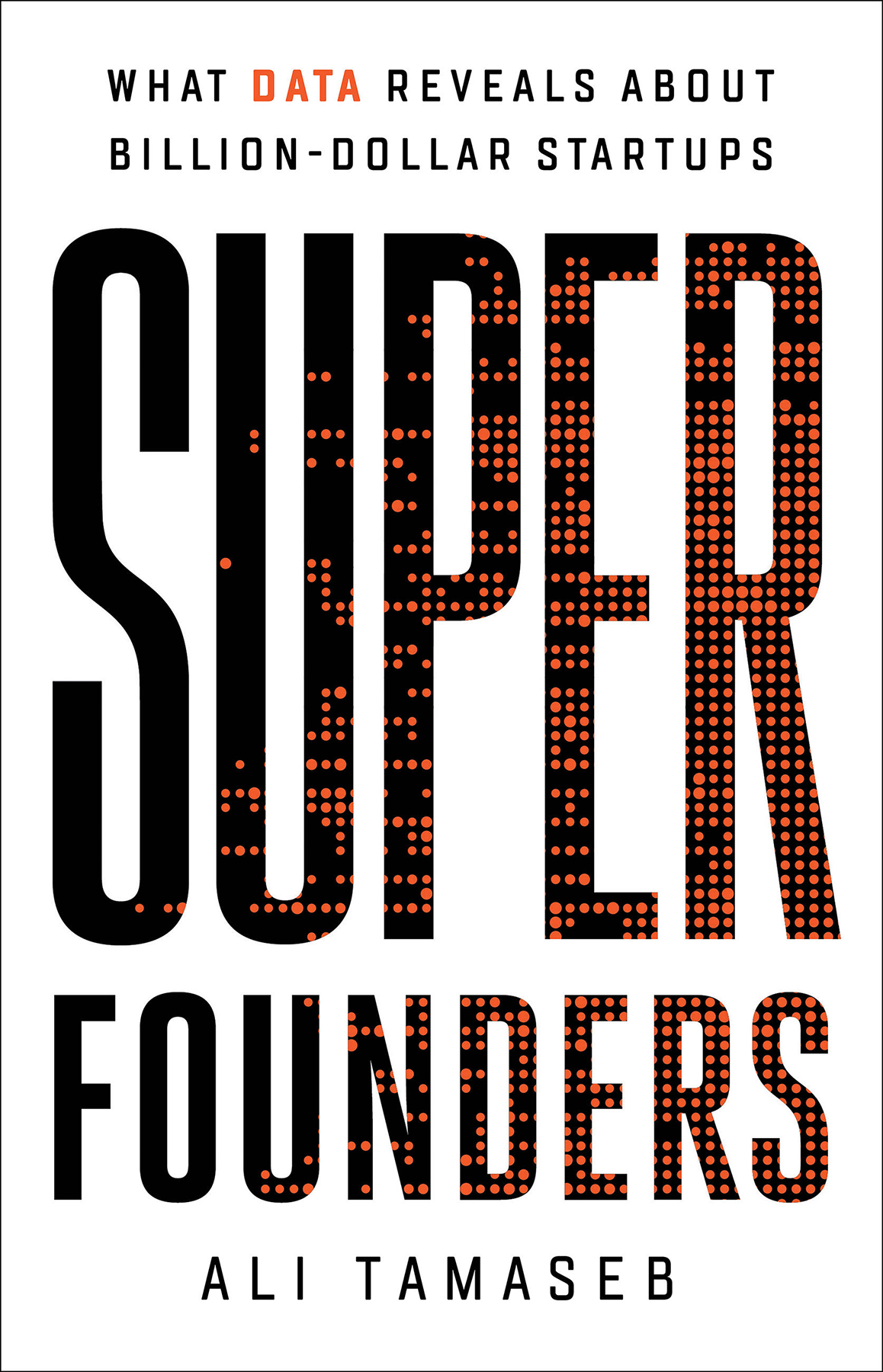
Copyright 2021 by Ali Tamaseb
Cover design by Pete Garceau
Cover copyright 2021 by Hachette Book Group, Inc.
Hachette Book Group supports the right to free expression and the value of copyright. The purpose of copyright is to encourage writers and artists to produce the creative works that enrich our culture.
The scanning, uploading, and distribution of this book without permission is a theft of the authors intellectual property. If you would like permission to use material from the book (other than for review purposes), please contact permissions@hbgusa.com. Thank you for your support of the authors rights.
PublicAffairs
Hachette Book Group
1290 Avenue of the Americas, New York, NY 10104
www.publicaffairsbooks.com
@Public_Affairs
First Edition: May 2021
Published by PublicAffairs, an imprint of Perseus Books, LLC, a subsidiary of Hachette Book Group, Inc. The PublicAffairs name and logo is a trademark of the Hachette Book Group.
The Hachette Speakers Bureau provides a wide range of authors for speaking events. To find out more, go to www.hachettespeakersbureau.com or call (866) 376-6591.
The publisher is not responsible for websites (or their content) that are not owned by the publisher.
Library of Congress Cataloging-in-Publication Data
Names: Tamaseb, Ali, author.
Title: Super founders : what data reveals about billion-dollar startups / Ali Tamaseb.
Description: First edition. | New York, NY : PublicAffairs, [2021] | Includes bibliographical references and index.
Identifiers: LCCN 2020044864 | ISBN 9781541768420 (hardcover) | ISBN 9781541768413 (ebook)
Subjects: LCSH: New business enterprises. | Entrepreneurship. | Success in business. | BusinessData processing.
Classification: LCC HD62.5 .T3554 2021 | DDC 658.1/1dc23
LC record available at https://lccn.loc.gov/2020044864
ISBNs: 978-1-5417-6842-0 (hardcover), 978-1-5417-6841-3 (ebook)
E3-20210420-JV-NF-ORI
Tamaseb is an articulate and influential advocate for the complex world of startup culture, and his education, experience, and access all come into play here. Many books in this realm tend toward cautionary tales, but Tamaseb offers an intriguing combination of history, data, theory, economics, and thoughtful interviews with significant founders and investors, creating a narrative that is less tech history and more playbook for the power players that come after. An often stirring insiders look at startup success and lessons to be learned from their journeys.
Kirkus
Super Founders challenges founders, entrepreneurs, and investors to rethink what matters most when youre building a business. These insightful stories help break down bias along the startup journey, a great guide I wish I had earlier in my career.
Tony Fadell, Future Shape principal, Nest founder, iPod inventor, and iPhone co-inventor
Ali Tamaseb offers an extraordinary look at the success and failure of startups coupled with inside stories and interviews with some of the best startup leaders. A must-read.
Eric Yuan, founder and CEO, Zoom
This is perhaps one of the most comprehensive and well-researched studies by an insightful venture capitalist ever done on startups and investments. I highly recommend it.
Ilya Strebulaev, professor of finance, Stanford Graduate School of Business
Super Founders provides an unparalleled lens for angel investors, VCs, and startup founders to analyze startups, and includes riveting exclusive interviews for anyone interested in understanding how billion-dollar companies happen.
Keith Rabois, general partner at Founders Fund and investor in YouTube, Lyft, Yelp, and LinkedIn
Ali debunks myths and misconceptions of great founders. His work encourages us to play our own game on our way to becoming the next Super Founder.
Alfred Lin, partner at Sequoia Capital and investor in Airbnb, DoorDash, Houzz, and more
Its heartening to see initiatives and studies like this. A data-driven effort to understand the success and failure of startups has been lacking and this book is doing exactly that.
Ron Conway, founder of SV Angel and angel investor in Google, Facebook, Airbnb, and more
Conventional wisdom about what leads to startup success abounds. With a vast dataset, real rigor, and fresh insight, Tamaseb validates some truisms and debunks many others. A must-read for aspiring founders and venture investors!
Tom Eisenmann, professor, Harvard Business School and author of Why Startups Fail
There are only patterns, patterns on top of patterns, patterns that affect other patterns. Patterns hidden by patterns. Patterns within patterns. If you watch close, history does nothing but repeat itself. What we call chaos is just patterns we havent recognized. What we call random is just patterns we cant decipher. What we cant understand we call nonsense. What we cant read we call gibberish.
C HUCK P ALAHNIUK , S URVIVOR
Y ears ago, when I was starting my first company, my idea of a successful startup mostly came from movies Id watched, articles Id read, and the ever-present popular mythology of famous companies. Facebooks story made me believe that most successful founders start when they are in college, as Mark Zuckerberg did. Apples story made me believe that you needed two co-founders, one technical genius and one business visionary to become super successful (it wasnt until much later that I learned Apple actually had a third co-founder at the very beginning).
Billion-dollar startupsor unicorns, a term coined by venture capitalist Aileen Leeare, as their name indicates, relatively rare. They make up less than 0.1 percent of startups.
When I became a venture capital investor years later, I realized what a small and skewed sample had made its way to the media and shaped my perceptions. As a venture capital investor, I review, assess, and track hundreds of startups every year and have seen some of these companies grow to billion-dollar outcomes, but I still could not tell what was really different between those that did become great successes and those that did not, and perhaps neither could anyone else, at least not backed by data instead of gut feeling. So I decided to embark on a journey to answer a question that had nagged at me for years: What did billion-dollar startups really look like when they were getting started? Did they stand out from the pack on day one? If so, how?
Starting in 2017, I dug through internet archives, read hundreds of interviews, reviewed thousands of LinkedIn and Crunchbase profiles, and studied every public or private data source I could find. I spent thousands of hours over four years to gather this data, manually piecing together thirty thousand data points, analyzing over sixty-five factors per startup. I gathered information on everything from a companys early competitors to its defensibility factors; from the founders age to their university rank; from the quality of a companys investors to the timing of fundraising roundsand much, much more. No study is meaningful without comparison to a baseline group, so I also collected the same data on a similar-sized group of randomly selected startups founded in the same time period that didnt go on to billion-dollar valuations.
As I was collecting this data, I continued to hear stereotypes perpetuated by other investors and founders about what success looks like: That most billion-dollar companies are started by Ivy League dropouts. That they must have gone through well-known accelerator programs. That the founders must have solved a personal problem, or that their ideas had to be first to market and lack competition. While a handful of billion-dollar startups match these archetypes, most of them dont. My dataset showed that the founders of billion-dollar companies were more likely to have PhDs than be dropouts, many of them had entirely non-technical co-founders, fewer than 15 percent went through any accelerator program, many werent solving a personal problem, and very few were first to market.


